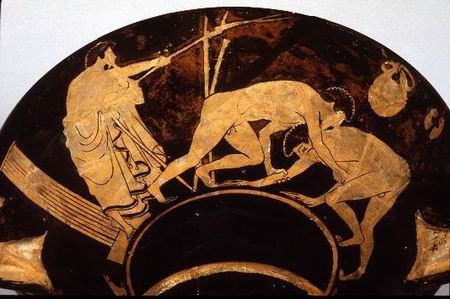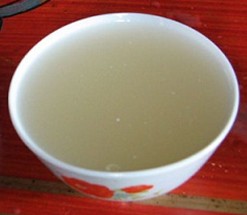What is the name of the oldest grain wine in China?
2 min readIn ancient China,there was a kind of alcoholic beverage called li that was made from malted cereals.Some scholars think that li wine was similar to beer because of its low alcoholic content.Inscriptions on bones and tortoise shells preserve the records of li wine.In the Zhou Dynasty,alcoholic beverages were classified into two types:rice wine and li wine.One chapter in The Classic of History says,”If you want to brew rice wine,use qu ;if you want to brew the li wine,use malt .”It seems that there were two different technical processes in use for the production of the two types of wine during the Zhou Dynasty.After the Han Dynasty,li wine came to be neglected by rice wine made by qu,a kind of distilled yeast.

Who first raised a prohibition against alcoholic drinks?
Chinese dynasty history begins with the Xia Dynasty(2070 B.C.-1600 B.C.).Yu the Great was the founder,and he was probably the first to prohibit alcoholic drinks.Book of Shang and Classic of Poetry contain the earliest sayings related to the morality of drinking alcohol.They say that alcoholic drinkers should keep social morality and they should not indulge in drinking.A chapter entitled Document of Prohibition Against Alcoholic Drinks in Book of Shang represents Confucian teaching on the morality of alcoholic drinks.It says that alcoholic drinks are not permitted except on occasions when a ceremony is held to worship deities.In addition,people should not gather together just to drink alcohol.

At the beginning of the Western Han Dynasty,Xiao He ,the first prime minister,issued a law that said,”four liang copper penalty will be imposed on a group of three or more who gather to drink without a special reason.”One liang is a unit of weight equal to 50 grams.Throughout times,the prohibition of alcoholic drinks was common.Some were for politic reasons,and some to control of grains.For the most part,grains were used to ferment wine in ancient times,and governments decided whether to lift their ban on the brewing of alcohol or not depending whethe or not the grain harvest was bountiful.









